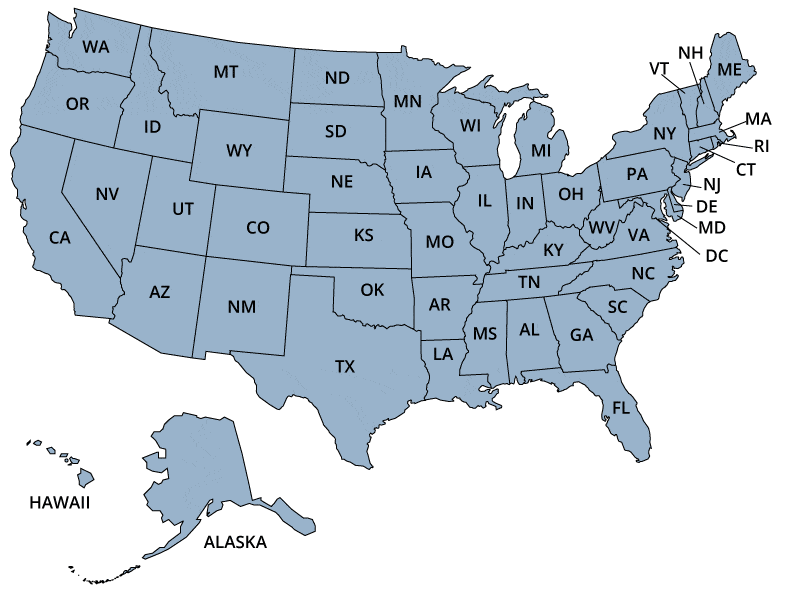 Water Heater Replacement Cost – Having a leaking water heater is more than just a nuisance that prevents you from getting a good night’s rest. Even if it’s just a drop at a time, the amount of water that’s wasted will eventually accumulate, which means higher water bills.
Water Heater Replacement Cost – Having a leaking water heater is more than just a nuisance that prevents you from getting a good night’s rest. Even if it’s just a drop at a time, the amount of water that’s wasted will eventually accumulate, which means higher water bills.
There’s also the fact that the leaking water heater can be a health hazard, since it can make your floor slippery and increase the risk of people slipping because of the moisture. Given these, it’s imperative for you to fix your heater as early as possible.
Types of Water Heaters
There’s two main variations — the conventional hot water heater having a storage water tank (usually heated up from natural gas and also obtainable in electrically powered or solar power) or on demand hot water heaters that will immediately heat up water when needed.
Typically, the 1 to 2 individual home requires a 30-40 gallon hot water heater whereas a family of 5 or even more requires 50-80 gallons. Yet, a water tank which pumps out a lot more than your family utilizes by the hour wastes capital as well as energy heating up additional water. On demand solutions prevent this cost and occupy much less space, however several units may be required to run the shower and dish washing machine simultaneously. The U.S. Department of Energy identifies the differing types of hot water heaters.
Updating a well used hot water heater using a comparable yet up-to-date model is comparatively simple, however completely new and more-energy productive models tend to be bigger, andmay not fit the current space or hook ups.
Seek advice from your neighborhood building division; a permit as well as inspections are usually necessary. Replacement unit hot water heaters usually are required to fulfill existing building codes, which might indicate replacing the present water and natural gas lines, putting in completely new valves along with other components, as well as the inclusion of an expansion water tank to reduce pressure build up.
Steps in Fixing a Leaking Water Heater
The first thing that you will need to do in order to fix your water heater issue is to check whether there is actually a problem in the first place. Sometimes, water pooling around your heater is not due to leaks; instead, it is actually caused by the condensation that forms due to the cold weather. As such, once the water heats, the moisture disappears.
If it really is a leaking water heater problem, the next thing you will need to do is to determine what exactly is causing the leak, because the remedies you will need to take will actually depend on what the cause actually is. The parts that may have problems include:
Drain valve. A loosely connected drain valve can cause leaking. Tighten the connection using a wrench and test to see if that resolves the problem. If there is too much damage to the drain valve, you will need to replace it.
Water pipes. Sometimes, the problem may not lie in the actual water heater, but on the pipes that are connected to the device. Tighten the pipes or replace these if there is already excessive damage.
Temperature-pressure relief valve. Too much pressure on the TP relief valve due to too-strong water pressure or very high temperatures can also cause leaking. This can be a very serious issue, since the tank can explode if the TP relief valve problem isn’t addressed immediately. Repairing this problem is specific to the model of TP relief valve you have installed on your heater, so check the owner’s manual to get the instructions on how to fix the problem.
Vent. If you have a gas water heater, check to see if the vents have any obstructions which can cause leaking. If you find some, turn off the water heater first so you can clean the flue.
Heating element gasket. Electric water heaters use heating element gaskets to heat the water. Turn off the electrical power and shut off your water supply before you replace the gasket. Once you’re done, make sure that the water supply to the heater is already turned on and that hot water is running in order to release air from the water heater tank before you turn the power back on, otherwise, you risk damaging the gasket.
Tank. Sometimes, the tank itself may be the problem. Experts suggest that you get a new water heater instead of replacing the old tank, since this can save more money in the long run.
Get Water Heater Replacement Cost Pricing
Of course, the best way to address a leaking water heater problem is to prevent it from happening in the first place. Check your heater regularly for any damage and drain the water every month to help avoid having a leaking heater problem. If something does go bad, get several Water Heater Replacement Cost to compare.


